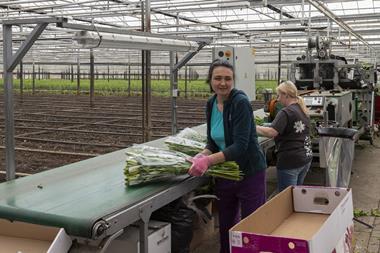UK - While all of the attention in recent months has been on persuading pension funds to engage at shareholder votes, a new tactic is being unleashed in the UK to enlist pension fund members in the push for active shareholder voting.
UK lobbying group FairPensions has today launched a campaign supported by NGOs, trade unions and organisations such as the Cooperative Bank, encouraging UK pension fund members to email their pension funds and ask them to vote on their behalf at the AGMs of companies such as energy giants BP and Shell.
FairPensions has managed to get a resolution on the AGM schedules both oil companies asking firms to commission and review reports by their 2011 AGMs on their use of oil sands projects and their ramifications on issues such as climate change.
Rather than seeking to influence pension funds themselves, FairPensions' Tar Sands Counting the Cost campaign is designed to get pension fund members more actively involved in the decisions taken on their behalf.
It has created a web-based system at www.countingthecost.org.uk to provide pension fund members with details of how to contact their pension fund and then request they vote on their behalf.
The resolutions put forward by FairPensions are designed to challenge the environmental damage apparently linked to tar sands, as conversion of oil sands into fuel is understood to produce three times the greenhouse gas emissions of conventional oil as well as impacting indigenous people.
In recent months, the focus on shareholder voting has been directed by UK government officials such as City Minister Lord Myners. He berated pension fund at the recent NAPF seminar on corporate governance for not doing enough to actively manage their shareholder votes. (See earlier IPE story: Myners says trustees must meet governance legal duty)
This is the first such campaign to be unveiled in the UK. However, the Netherlands is perhaps better known for the impact of consumer protest.
In 2007, a current affairs programme was aired highlighting the damage caused by cluster bombs. Public outrage about pension funds' investment in such companies eventually persuaded pension funds to divest from investing in companies supplying weapons, albeit the Dutch government ruled out investment rules on companies manufacturing cluster bombs and landmines. (See earlier IPE stories: Dutch funds invest in cluster bonds and landmines - TV claims and Holland rules out land mine investment rules)












